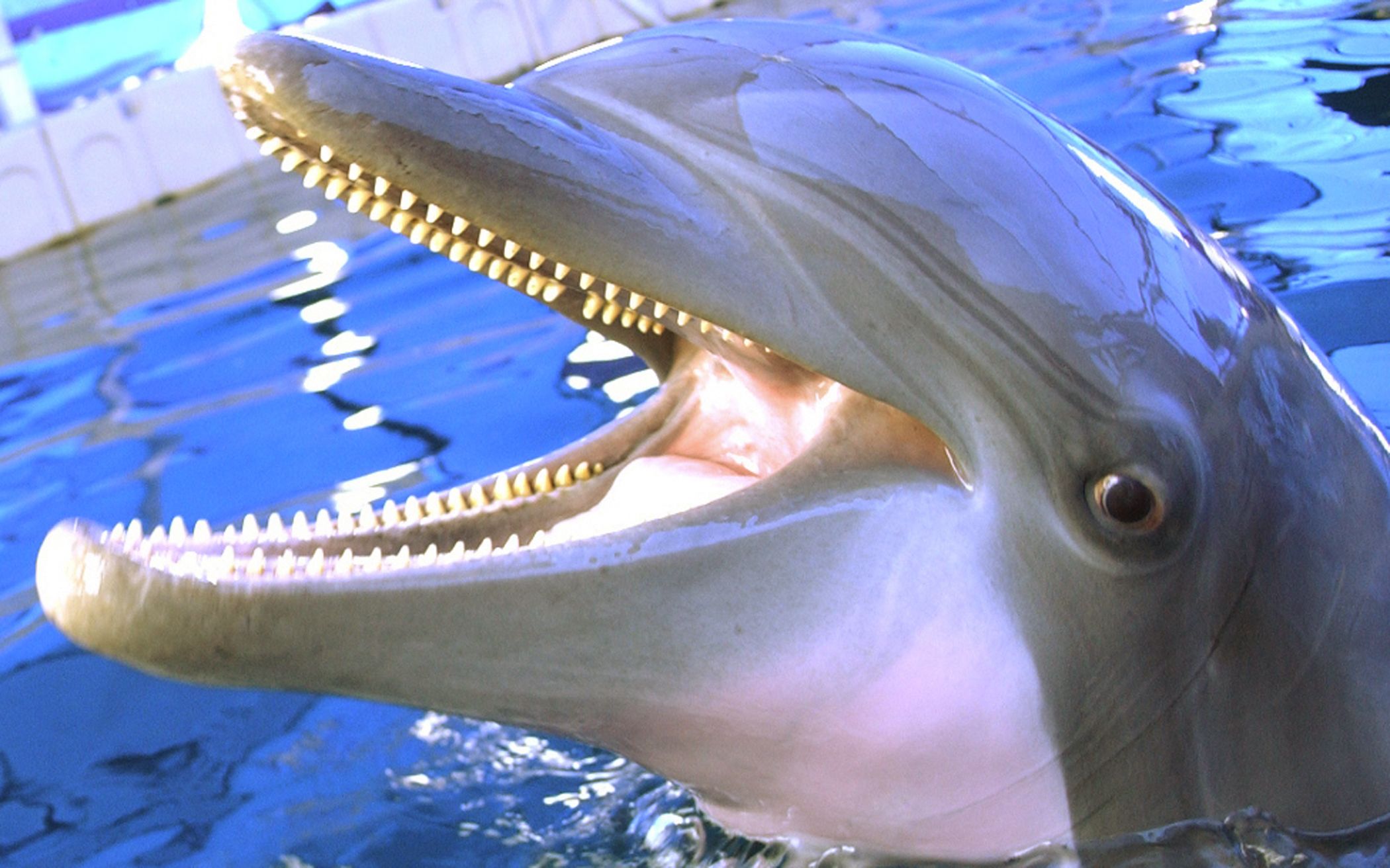Grounds Investments is offering unregulated loan notes and IFISAs paying 3% per year for a 2-year investment or 7% per year for a 5-year investment.
The company aims to raise money for investment in German property.
Who are Grounds Investments?
Grounds Investments plc is the UK arm of Grounds Real Estate Development AG. The website names Grounds’ management team as Thomas Prax, Hans Witmann and Eric Mozanowski.
Not named on the Grounds Investments plc website is Christopher Moss, who is the sole owner and one of two directors of that company.
Christopher Moss is one of several links between Grounds and another German property development firm, Dolphin Trust. Moss was the director of a Dolphin Trust subsidiary, Dolphin SPV 1 Limited, until 15 March 2019, shortly after the incorporation of Grounds Investments plc.
Although its shares are publicly listed on the Düsseldorf stock exchange (a relatively minor stock exchange compared to Germany’s main exchange in Frankfurt), Grounds Real Estate Development AG is majority owned (70.2%) by Red Rock Wealth Management Limited. At time of writing the transfer to Red Rock Wealth Management is still to actually be made.
Red Rock Wealth Management Limited was incorporated in the UK in September 2016 by Charles Smethurst, former CEO of Dolphin Trust. (Smethurst’s LinkedIn profile states that he remains Dolphin Trust CEO, but Dolphin Trust’s company filings indicate he stepped down as CEO in September 2018, replaced by Helmut Freitag who took office in April 2018.) Smethurst was replaced as director of Red Rock by Bernd Reinhard Lommel in November 2018, but remains its sole owner according to Companies House.
Dolphin Trust was renamed German Property Group GmbH in March 2019.
Grounds Investment plc was incorporated on Valentine’s Day 2019 and is yet to file accounts.
At time of writing, primaermarkt.de shows that Grounds Real Estate Development AG is being traded at a total market capitalisation of 28 million Euros. For comparison, the smallest share in the FTSE AIM 100 (the 100th largest of the UK’s “small companies”) has a market cap of £159 million at time of writing. Grounds Real Estate Development AG is therefore a micro-cap (very very small) company.
Given the close links between Grounds and Dolphin, investors should establish as part of their due diligence whether the investments are completely separate or whether funds will be used to invest in Dolphin.
How safe is the investment?
Grounds Investments inaccurately describes its non-ISA loan notes as “Cash Investments” on its website. At time of writing it advertises heavily on Facebook.
It is important that investors understand that these are loan notes and if Grounds Investments is unable to make sufficient returns from its investments in German property, or for any other reason runs out of money to service its bonds, investors risk losing up to 100% of their money.
Grounds Investments has a page on its website entitled “Security” which states that it “aims to protect investors in a number of ways”, with investors holding a first charge over the assets of the company.
However, secured lending is not risk-free as there is a risk that if the underlying borrower defaults, the security cannot be sold for enough to cover the loan.
Investors in asset-backed loans have been known to lose 100% of their money when it turned out that there were not enough assets left to pay investors after paying the insolvency administrator (who always stands first in the queue).
We are not in any sense implying that the same will happen to investors in Grounds Investments, only illustrating the risk that is inherent in any loan note even when it is a secured loan.
If investors plan to rely on this security, it is essential that they hire professional due diligence specialists (working for themselves, not Grounds Investments) to confirm that in the event of a default, the assets of Grounds Investments would be valuable and liquid enough to compensate all investors. Investors should not simply rely on what Grounds Investments tells them about their assets, as Grounds Investments are the ones asking for their money.
Should I invest in Grounds Investments?
This blog does not give financial advice. The following are statements of publicly available facts or widely accepted investment principles, not a personalised recommendation. Investors should consult a regulated independent financial adviser if they are in any doubt.
As with any individual loan note to a micro-cap company listed on a minor stock exchange, this investment is only suitable for sophisticated and/or high net worth investors who have a substantial existing portfolio and are prepared to risk 100% loss of their money.
As an individual, illiquid security with a risk of total and permanent loss, Grounds Investments’s loan notes are much higher risk than a mainstream diversified stockmarket fund – despite the relatively low rate of return offered (7% or 3%).
Before investing investors should ask themselves:
- How would I feel if the investment defaulted and I lost 100% of my money?
- Do I have a sufficiently large portfolio that the loss of 100% of my investment would not damage me financially?
- Have I conducted due diligence to ensure the asset-backed security can be relied on?
The investment may be suitable for high net worth and sophisticated investors who will already be well aware of all of the above risks, are looking to invest a small part of their assets in corporate lending, have done sufficient due diligence, and feel that the return on offer is sufficient for the risks involved in lending to a small company.
If you are looking for a “cash investment”, you should not invest in corporate loans with a risk of 100% loss.


